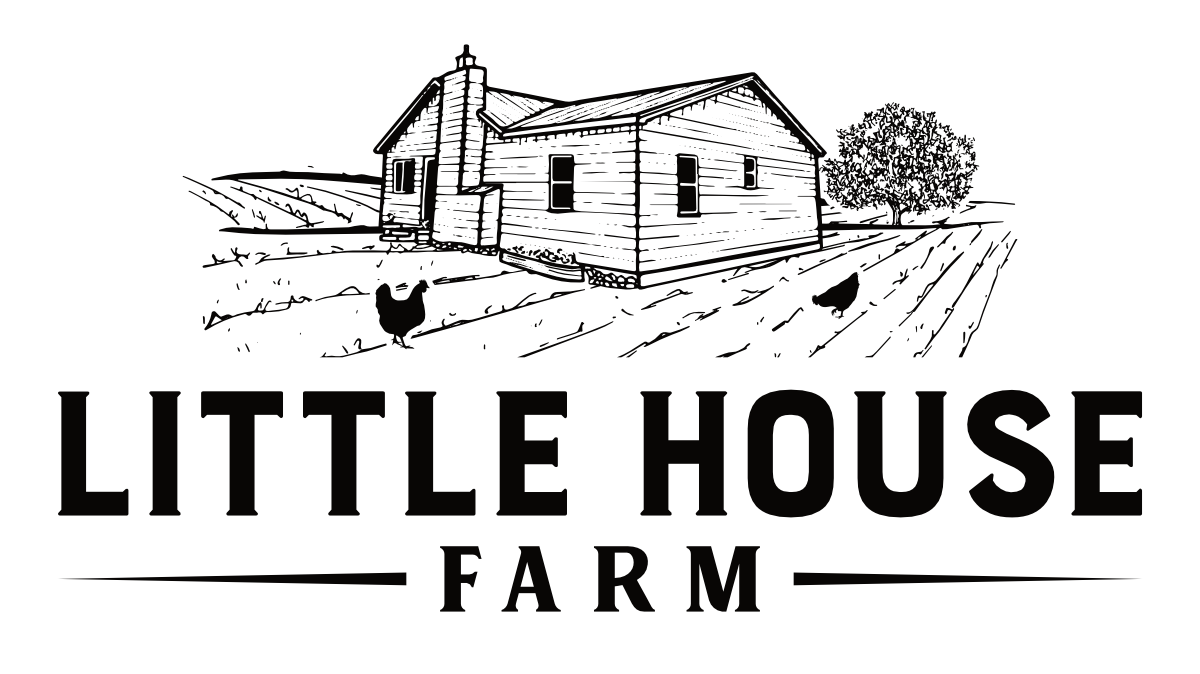Gardeners are constantly on the lookout for natural and effective ways to enrich their soil. One such underrated hero is mushroom compost, often referred to as “spent mushroom substrate” or “mushroom soil.” This blog post delves into what mushroom compost is, where it comes from, its benefits for rebuilding soil health, and its pivotal role in a healthy compost tea.
What is Mushroom Compost?
Mushroom compost is a byproduct of the mushroom farming industry. It consists of the organic material that remains after being used as a growing medium for mushrooms. Typically, this substrate includes materials like straw, peat, gypsum, and sometimes poultry litter, which have been conditioned specifically for mushroom growth. Once the mushrooms have been harvested, the spent material is left nutrient-rich and ready for use in gardens.
Origins of Mushroom Compost
Mushroom compost originates from mushroom farms, where mushrooms are cultivated in controlled environments. After a crop cycle, which can last several weeks to a few months, the substrate loses its efficacy for mushroom cultivation but gains new life as a valuable amendment for soil. Rather than being discarded, this spent substrate is repurposed as mushroom compost, making it an excellent example of recycling organic waste.
Why is Mushroom Compost Good for Rebuilding Soil Health?
Mushroom compost has numerous benefits for soil health, making it a sought-after amendment among gardeners and farmers:
- Nutrient-Rich: It is a good source of organic matter and nutrients, including nitrogen, phosphorus, and potassium, which are essential for plant growth.
- Soil Structure: Its use improves soil structure, enhancing both water retention and drainage, making it suitable for a variety of soil types.
- pH Neutralizing: Often, mushroom compost has a neutral pH, which can help to balance acidic soils.
- Disease Suppression: Some studies suggest that mushroom compost can help suppress certain plant diseases, thanks to the microbial activity it supports.
The Role of Mushroom Compost in Compost Tea
Incorporating mushroom compost into compost tea can supercharge this beneficial liquid with additional nutrients and microbes. Here’s how it plays a crucial role in compost tea:
- Microbial Booster: Mushroom compost is teeming with beneficial microbes that are essential for a healthy soil microbiome. When added to compost tea, it introduces these microbes directly to the soil and plant roots.
- Nutrient Infusion: The nutrients present in mushroom compost leach into the compost tea, making the tea a more potent nutrient delivery system for plants.
- Enhanced Effectiveness: By adding mushroom compost, the overall effectiveness of compost tea is enhanced, promoting better plant growth and soil health.
Using Mushroom Compost in Your Garden
To integrate mushroom compost into your gardening routine, simply spread it on the soil surface or mix it into the topsoil. It is particularly effective in vegetable gardens, flower beds, and around fruit trees. When making compost tea, adding a handful of mushroom compost can enrich the brew, providing additional nutrients and microbial benefits.
Conclusion
Mushroom compost is a versatile, sustainable, and powerful tool for gardeners looking to improve soil health and plant vitality. Whether used directly in the garden or as part of a compost tea, its benefits are substantial, making it a must-try for those committed to natural and effective gardening practices.
